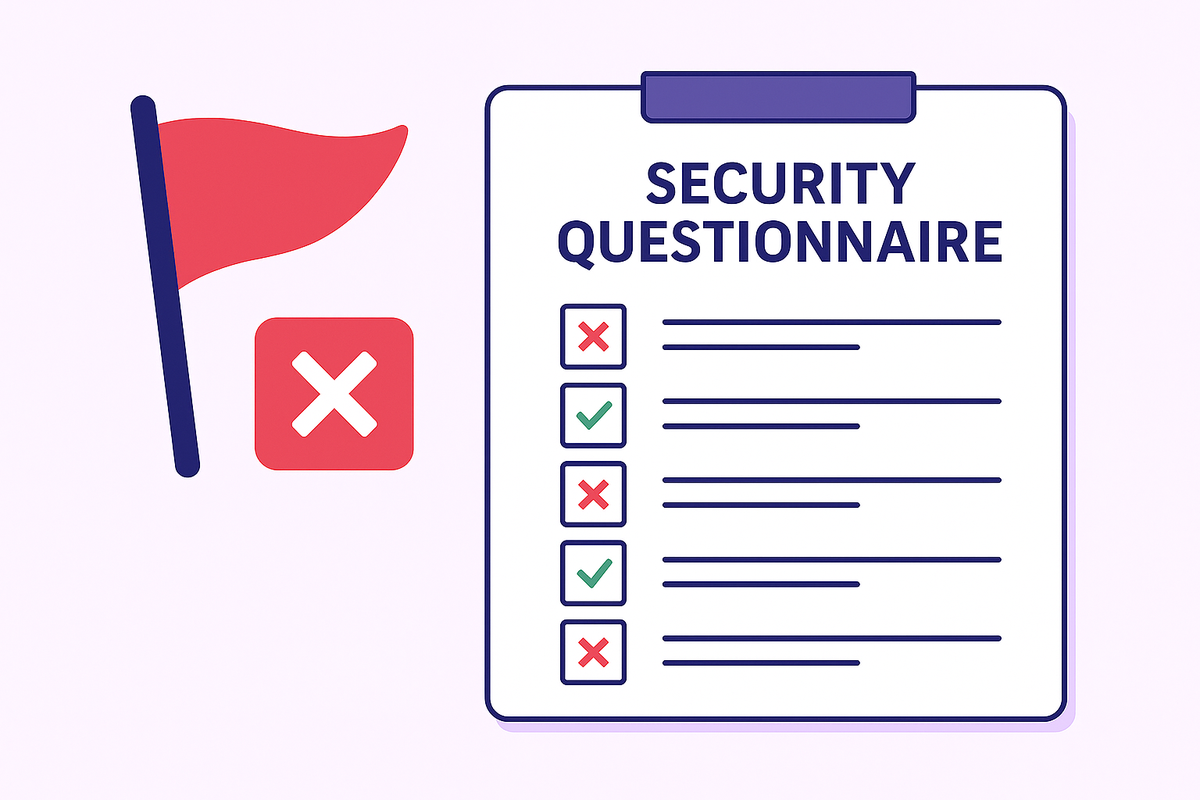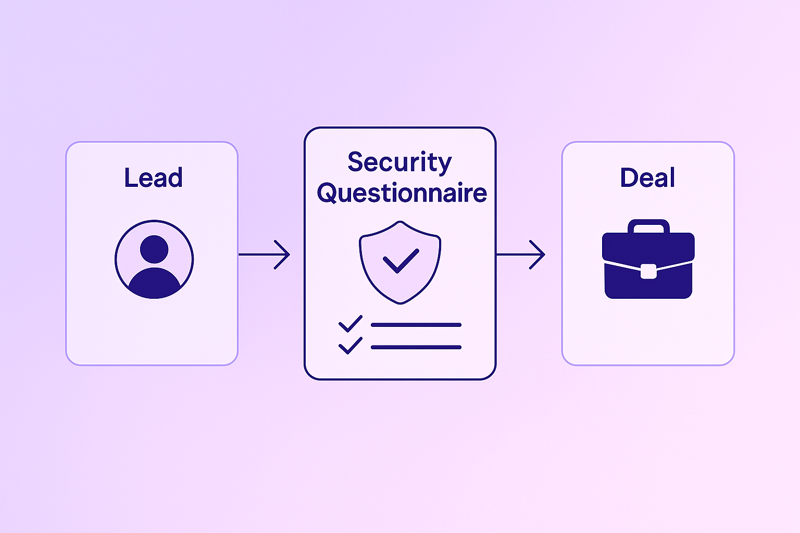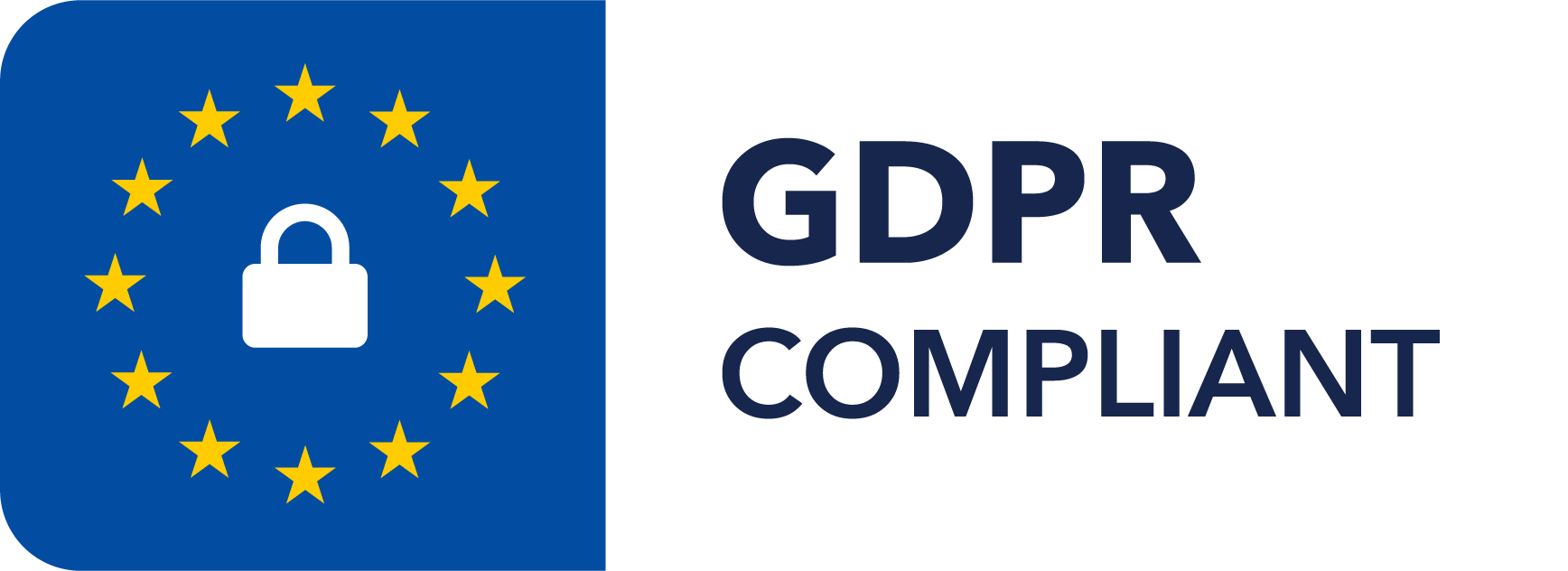Master Security Questionnaires: Avoid Common Mistakes
August 15, 2025
By
Evie Secilmis

Common Mistakes When Responding to Security Questionnaires (and How to Avoid Them)
In today’s data-driven world, security questionnaires are not just formalities — they’re a cornerstone of modern vendor risk management and compliance assurance.
When prospective clients or partners send these detailed forms, your responses can either instill confidence or raise red flags. Understanding how to respond effectively is essential to protecting your reputation, winning business, and maintaining compliance with ever-evolving data protection regulations.
Why Security Questionnaires Matter
Security questionnaires act as the first line of defense in risk management. They help organizations identify potential vulnerabilities in their own systems and in those of their third-party vendors.
Failing to provide accurate, comprehensive responses can suggest poor data governance — damaging trust and potentially costing your company valuable partnerships.
1. Strengthening Risk Management
Security questionnaires help evaluate a vendor’s or partner’s ability to safeguard sensitive information. By answering carefully, you demonstrate your organization’s maturity in risk assessment, incident response, and data protection.
2. Supporting Regulatory Compliance
With increasing scrutiny from frameworks like GDPR, HIPAA, and SOC 2, businesses must prove they meet regulatory standards.
Security questionnaires often include sections dedicated to these requirements. Effective, well-documented responses show that your company takes compliance seriously — a major trust signal to potential partners.
Learn more about these frameworks in SOC 2 Compliance Explained.
3. Building Credibility and Trust
Comprehensive responses reflect professionalism and preparedness. They give potential partners confidence in your security posture, which can be a decisive factor in competitive vendor selection.
For more on how these tools impact partnerships and deal outcomes, see Win More Deals with Security Questionnaires.
Common Mistakes in Security Questionnaire Responses
Avoiding these mistakes can help your organization stand out as a secure, transparent, and trustworthy business partner.
1. Providing Incomplete or Vague Answers
Leaving questions blank or offering vague responses is one of the most damaging mistakes you can make. Incomplete answers may suggest carelessness or a lack of understanding of your own security protocols.
How to fix it:
- Address every question thoroughly, even if the answer seems obvious.
- Be specific — reference your policies, tools, and procedures directly.
- Include supporting documentation like audit reports or certifications when available.
A well-detailed response signals that your company takes information security seriously and has the resources to back it up.
2. Using Outdated Information
Security practices evolve quickly, and outdated responses can misrepresent your company’s current capabilities.
How to fix it:
- Review and refresh your responses regularly, ideally quarterly or after any major infrastructure or policy changes.
- Maintain an internal record of version-controlled questionnaire responses for consistency and accuracy.
Regular updates not only improve accuracy but also show your commitment to continuous improvement — a hallmark of a mature security organization.
For a forward-looking perspective, read The Future of Security Questionnaires in Compliance.
3. Copy-Pasting Generic Responses
A one-size-fits-all response can make your organization seem inattentive or disinterested. Every company has unique concerns, priorities, and regulatory obligations — so tailoring your responses shows genuine engagement.
How to fix it:
- Customize each response to address the requester’s industry, risk profile, and compliance needs.
- Highlight security controls most relevant to their specific environment.
Personalized, well-researched answers demonstrate that you value the partnership and have taken the time to understand the other organization’s unique challenges.
4. Overusing Technical Jargon
Not every reviewer will have a cybersecurity background. Overly technical or acronym-heavy language can lead to confusion or misinterpretation.
How to fix it:
- Use plain, accessible language whenever possible.
- When technical terms are unavoidable, briefly define them.
- Structure your responses logically with headers and bullet points for readability.
Clear communication doesn’t just make your responses easier to understand — it also shows you can translate complex security concepts into business value.
5. Ignoring Data Protection Regulations
Failing to explicitly mention compliance with major data privacy laws like GDPR, CCPA, or HIPAA can undermine your credibility and raise red flags for regulated clients.
How to fix it:
- Reference the specific laws or standards your company complies with.
- Explain how compliance is enforced — e.g., regular audits, encryption protocols, or internal reviews.
- Link your responses to official policies or certifications where appropriate.
Proactively addressing compliance reassures clients that your security practices are not only effective but also legally sound.
6. Not Backing Claims with Evidence
Claims like “we use strong encryption” or “we conduct regular audits” hold little weight without documentation.
How to fix it:
- Attach relevant documents such as penetration test reports, audit certificates, or policy excerpts.
- Include links to internal compliance portals or trust centers when possible.
Supporting evidence transforms claims into verifiable proof — increasing confidence and transparency.
7. Failing to Involve the Right Teams
Security questionnaires should never be handled by a single department in isolation. IT, legal, and compliance teams must collaborate to ensure accuracy and completeness.
How to fix it:
- Create a cross-functional workflow that includes input from all relevant departments.
- Appoint an internal questionnaire coordinator to manage submissions and ensure consistency.
Collaboration ensures your responses reflect the full picture of your organization’s security capabilities.
8. Skipping Regular Review Cycles
A static questionnaire process is a missed opportunity for continuous improvement. Regularly reviewing responses allows you to identify security gaps and refine your messaging.
How to fix it:
- Schedule periodic reviews to update data, add new certifications, and remove outdated policies.
- Track response changes in a centralized system for future audits.
This iterative approach ensures that your questionnaire responses stay accurate, credible, and competitive over time.
Best Practices for Crafting Effective Security Questionnaire Responses
To elevate your responses and build trust with partners, apply these best practices:
✅ Be Transparent – Provide honest, detailed answers that reflect real practices.
✅ Be Specific – Tailor each response to the organization’s unique needs.
✅ Be Consistent – Align questionnaire responses with internal documentation and external audits.
✅ Be Proactive – Review responses regularly and address security updates before clients ask.
When executed correctly, well-written security questionnaires not only protect your organization but also strengthen your competitive positioning in the marketplace.
Conclusion
Security questionnaires are more than just compliance exercises — they’re opportunities to demonstrate your company’s integrity, transparency, and technical excellence.
By avoiding common mistakes and embracing best practices, you can transform every questionnaire response into a trust-building moment that strengthens client relationships and accelerates deal cycles.
In a world where cybersecurity scrutiny is constant, your ability to communicate clearly, stay compliant, and showcase real evidence will set your organization apart.
Share this post
Link copied!




















